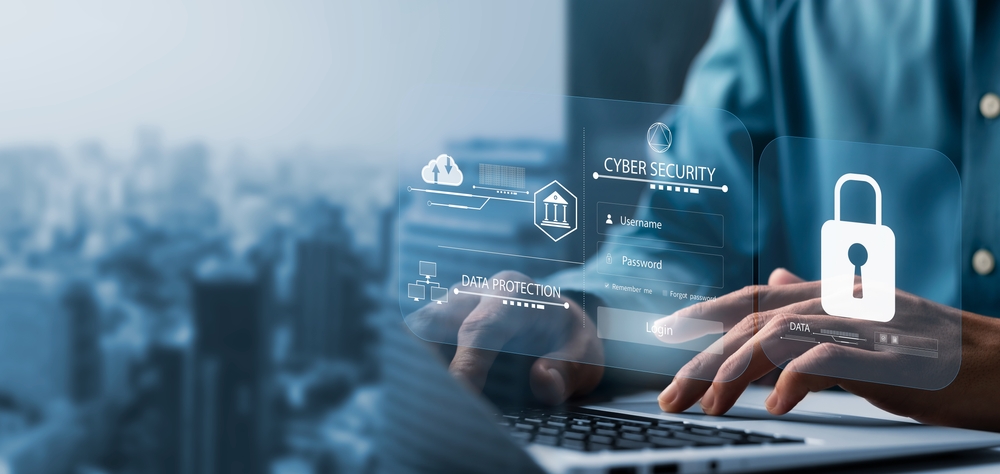- Products and Solutions

Tariff Flag
Understand what tariff flags are and how they affect your electricity bill.


Myths and truths
Learn about the real risks and infractions of the famous "gato", "macaco", "gambiarra" or as the irregular detour of the electricity grid is known in your region. Stay tuned!
Products and Solutions
Services
News
MinC and Neoenergia invest R$ 6 million in cultural projects in small towns
Neoenergia wins Ibero-American Quality Award for the performance of its distributors
Alceu Valença e BaianaSystem se unem em parceria inédita para campanha de segurança na rede elétrica da Neoenergia no Carnaval
Neoenergia Institute earmarks more than R$ 27 million in incentive laws for social projects in 2025
Neoenergia energizes last stretch of Alto Paranaíba transmission line
Neoenergia opens registration for its first class of the Integrated Operations Center Operators School
Novo filme da Neoenergia sobre Natal reforça presença da marca com clientes
Brazil Olympic Award 2025: Neoenergia reinforces commitment to women's sport in the country
Aberje 2025 Award: Neoenergia is national champion with campaign on safety on the electricity grid with Carlinhos Brown
Exclusive to black women, the Neoenergia Institute's Inspirar 2025 Award announces winners in four states and the Federal District
Neoenergia and Honda team up to accelerate the use of green hydrogen in Brazilian mobility
Neoenergia Institute takes Cultural Lighting Program to Lauro da Escóssia Historical Museum
Neoenergia Institute announces the winners of the Inspire 2025 Award
Neoenergia announces sale of stake in Dardanelos hydroelectric plant to EDF Brasil
COP30: Iberdrola and Neoenergia promote meeting with young climate leaders to boost green jobs
Neoenergia's emission reduction targets are validated by the Science Based Targets Initiative (SBTi)
Neoenergia and EIB announce EUR 300 million green financing agreement to modernize Bahia's electricity grid
Neoenergia: support for COP30 reinforces electrification of the economy as a path to decarbonization and energy security


Neoenergia does not offer investments. Any promise of earnings or financial investments on behalf of the company is fraud.
If you have any questions, please contact us through our official channel: ri.neoenergia.com









